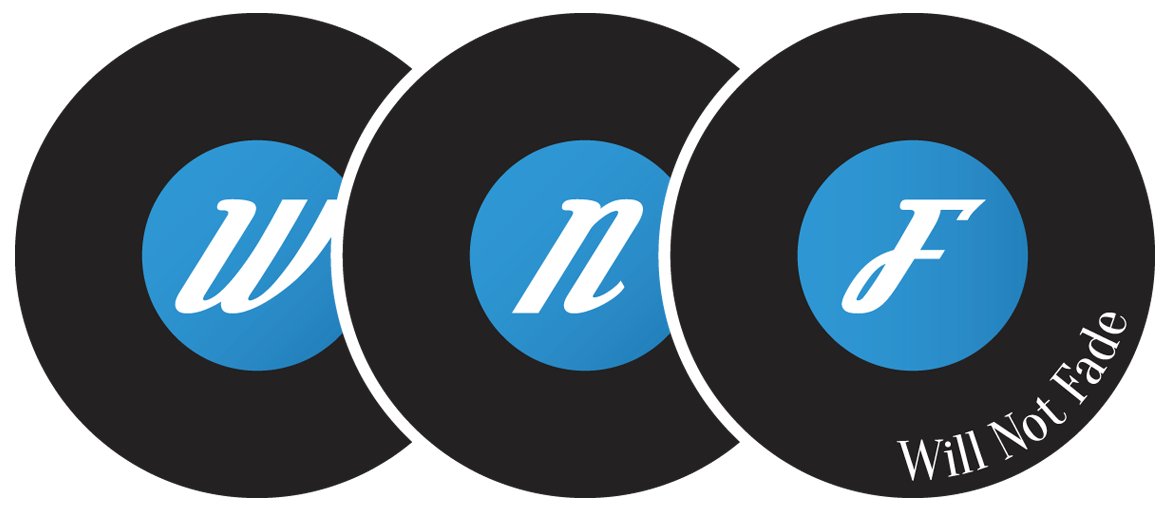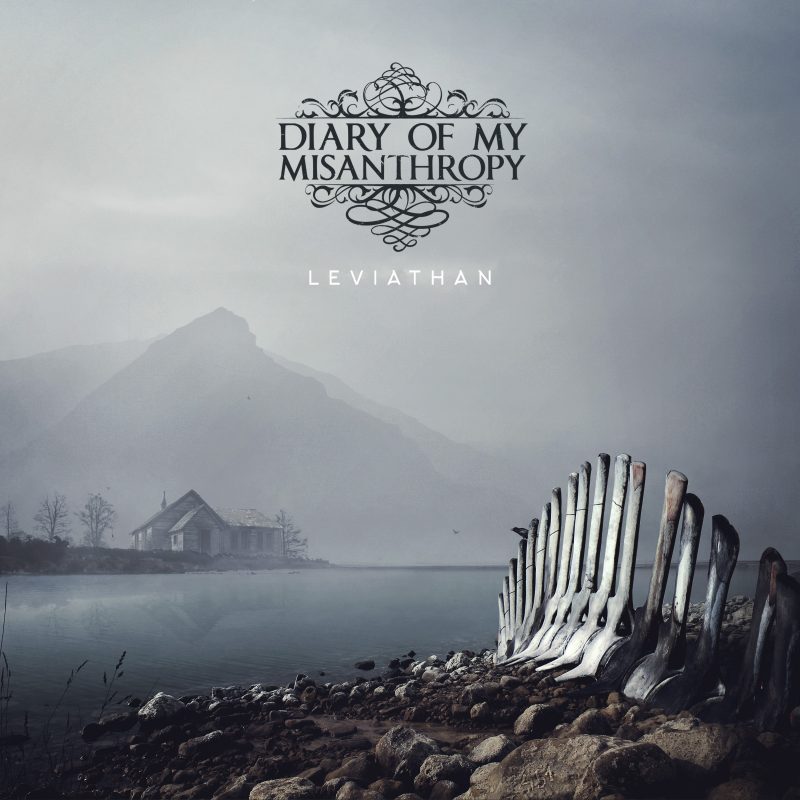I’m a sucker for dystopian texts. It all started at high school, when we read Aldous Huxley’s Brave New World for English. For such an old work of literature, it was remarkably accurate at predicting how the world would change. I adopted this genre wholeheartedly, seeking out similar texts like George Orwell’s 1984 and Animal Farm.
In this current era of militant nationalism and the revival of Nazism, I think that the more people are exposed to dystopian allegories, the better. They offer insight into how things will turn out if we refuse to keep our leaders accountable.
Clearly Prague post-metal band Diary Of My Misanthropy agree. Originally a solo project from Vladyslav Tsarenko, Diary Of My Misanthropy is now a full band, who have just released their dystopian-themed third album, Leviathan.

Ngake and Whātaitai the taniwha. Taken from the book The Taniwha of Wellington Harbour, by Moira Wairama. Illustration by Bruce Potter
For a digital-only release, Leviathan sure boasts some beautiful artwork. Images depict the skeleton of a Loch Ness monster-looking beast sitting upon a rocky lakeshore, looking out through the fog to an isolated cottage.
It reminds me of the local Māori myth of Ngake and Whātaitai, two taniwha (sea monsters) who – according to legend – formed the geology of Wellington harbour where I live. Whātaitai, the less adventurous of the two, tried to follow his friend and escape for the lake where he lived, only to become trapped at the mouth of the newly formed harbour, forced to helplessly watch as the land around him evolved.
The rest of the liner notes tell a story. During a dream you meet the beast, and he shows you the world, and how humanity has doomed it. On top of the story, the liner notes also prominently feature two quotes: one from the Black Mirror TV series, and another from Jacque Fresco. I am not familiar with either, so did some research. Both Black Mirror and Fresco ask us to critically examine how we use technology, and ask if we like the humanity is headed.
I’m currently reading Kurt Vonnegut’s first novel, Player Piano. Anyone familiar with Vonnegut will know that he is the master of blending sci-fi with satire, using his wicked wit as easily digestible critique. Player Piano is set in a post-World War America run by super computers and machines. Although the mechanical revolution was first seen as “progress”, the automation of industry left most citizens without work, and thus fulfillment, creating a society sitting on unrest. Without knowing too much about Black Mirror or Jacque Fresco, I can draw marked parallels between their works and Player Piano.
I recently saw a band Staghorn play in St Loius. Like Diary Of My Misanthropy, Staghorn also boasted a post-apocalyptic theme set to post-rock. Staghorn had a spoken word narrative advancing their story as they played. Thinking of this, I assumed that Diary Of My Misanthropy would also have samples featured in their songs. It is a common post-rock convention, after all. Take Lost in Kiev, Platonick Dive and Maybeshewill, for example.
Surprisingly, despite writing a narrative to go with the album, the band doesn’t include them in their songs. We do, however, hear two spoken words quotes. And to be honest, as much as I expected some more spoken word, I think the album could have worked better without any at all. Fresco’s quote in “War Is Peace” hardly stands out in the mix. And the segment on “Black Mirror” – which borrows from the TV show of the same name – is abrasive and serves to interrupt rather than enhance the listening experience. I’m not a complete prude, but the excessive swearing feels gratuitous.
 The music is great. Post-metal with influences drawn from doom, industrial, and (dare I say it?) nu-metal. The trio layer their sounds with expertise to create depth and dynamics.
The music is great. Post-metal with influences drawn from doom, industrial, and (dare I say it?) nu-metal. The trio layer their sounds with expertise to create depth and dynamics.
They traverse the spectrum well, from lush textured moments to heavy overdriven segments. Chuggy doom-laden riffs sit next to glitchy electro-beats. Pleasant guitar strumming turns into a monstrous solo as soon as evolving back into padded swells. I can’t fault it.
The mix between high and low-end balance out well. I dislike when “heavy” music focuses too much on bass and distortion.And Diary Of My Misanthropy are heavy, but strike a balance with high-pitched guitar, keys and brighter drum cymbals bringing in treble.
As a drummer, I find the drumming tasteful and interesting – articulate, smart. I like how the keys are played like an actual piano – more organic sounding that the synths that dominate most music these days. Not to say this sounds “natural” – there are plenty of effects playing havoc with tones – but the overall mix sounds crisp. It sounds like people playing instruments with the help of technology, not computers making music with human input.
As was the case in my Masters Of This Land review, I feel that my analyzing of the politics and themes behind this body of work is perhaps overbearing. I’m drawing comparisons to literature and mythology at the expense of critiquing the actual music. However, I wonder: does this signify quality in art? I’m engaging with it at a deeper level, making connections to other works and reading into possible meanings. Great art demands interaction; is evocative, which is the antithesis to passiveness.
Leviathan is excellent. I can endorse the music, artwork and themes. If you feel compelled to check it out, take time to read through the liner notes for the full experience.
Diary Of My Misanthropy links:
Facebook: https://www.facebook.com/DiaryOfMyMisanthropy
Bandcamp: https://diaryofmymisanthropy.bandcamp.com
Instagram: https://www.instagram.com/diaryofmymisanthropy
Soundcloud: https://soundcloud.com/diary-of-my-misanthropy
Merch: http://diaryofmymisanthropy.bigcartel.com/
Joseph James

